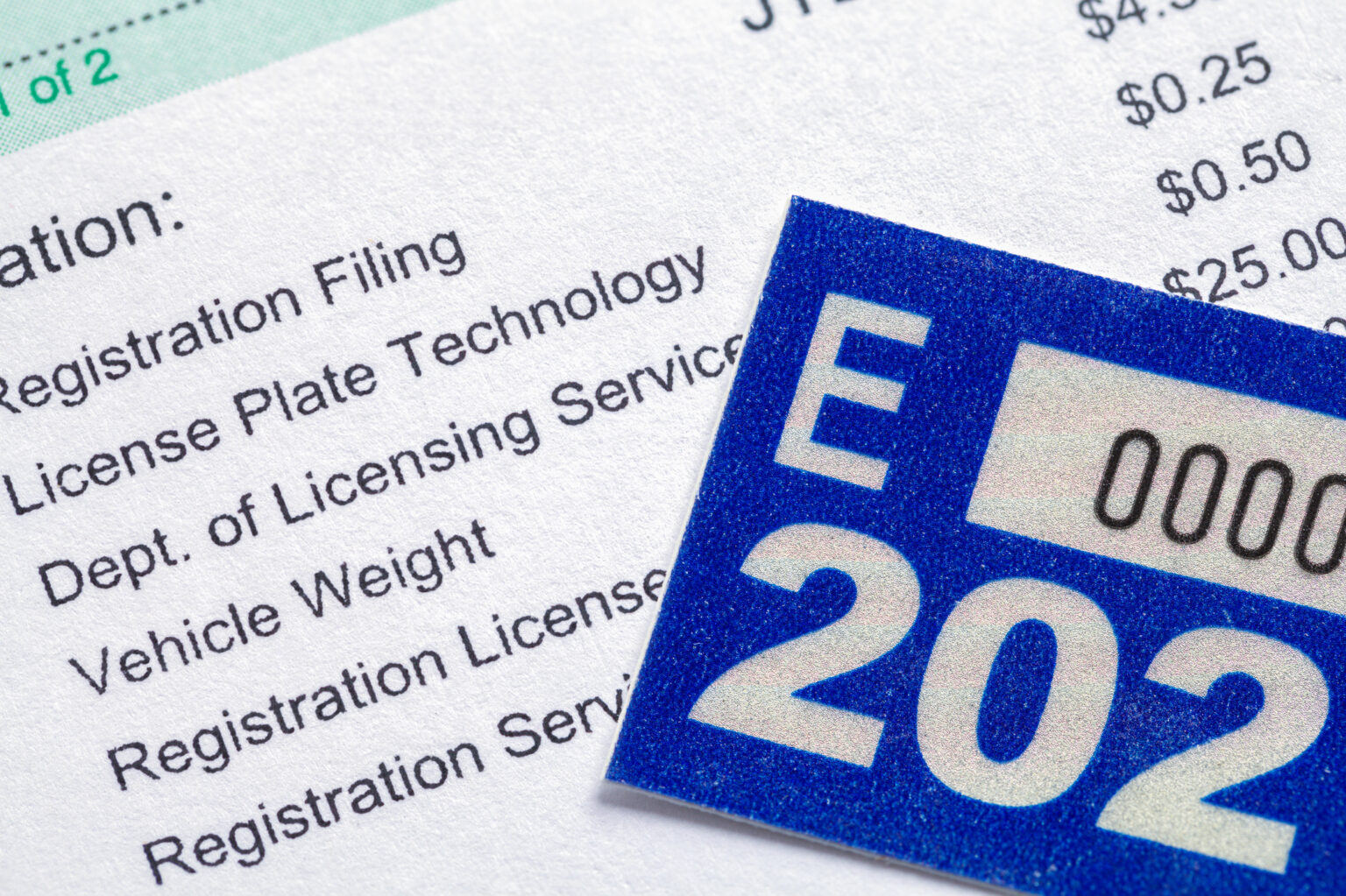Vehicle registration might sound like a boring chore, but it’s a necessary part of owning a car. The good news is that once you understand the basics, the whole process gets a lot simpler. Whether you’re registering your first car or transferring a vehicle to a new state, here are 10 tips to help you navigate it all without breaking a sweat.
Know What Vehicle Registration Is
Let’s start with the basics: vehicle registration is like an official stamp that says your car is road-legal. It connects your car to you as the owner and ensures you’ve paid the required taxes and fees. Without it, driving your car could land you in trouble. Think of it as your car’s way of checking in with the government.
Gather the Right Documents
Before heading to the DMV (or doing it online), ensure you have all the necessary paperwork. Common requirements include your driver’s license, proof of insurance, the vehicle’s title, and possibly a bill of sale. Check your state’s DMV website for specifics so you don’t get stuck making multiple trips.
Understand State-Specific Requirements
Every state has its own set of rules for vehicle registration. For example, some states require emissions testing or inspections before registering your car. Others may have unique fees or deadlines. A quick online search can save you a lot of hassle.
Budget for Fees and Taxes
Vehicle registration isn’t free, and the costs vary widely depending on where you live, your car’s value, and its weight. Some states charge flat fees, while others calculate costs based on your car’s age or emissions. Set aside some cash to cover these costs so you’re not caught off guard.
Don’t Forget About Renewals
Registration isn’t a one-and-done deal—you’ll need to renew it regularly, usually every year or two. Many states send reminders via mail or email, so watch out. Late renewals often come with extra fees, so mark your calendar to stay on top of it.
Transferring Ownership Made Simple
Transferring the title and registration is key if you’re buying or selling a car. The seller must sign the title, and the buyer must register the car in their name. Some states allow you to handle this online, but double-checking the process is always a good idea.
Registering Out-of-State Vehicles
Moving to a new state? You’ll likely need to register your car there within a certain timeframe, like 30 or 60 days. This often involves getting a local driver’s license and possibly an inspection. Pro tip: knock out all the DMV-related tasks at once to save time.
Temporary Registration Options
Check if your state offers temporary registration if you’re driving a car that isn’t fully registered yet—like one you just bought. These short-term permits let you legally drive while you finish the full registration process. It’s a handy option for avoiding fines or towing.
Stay on Top of Insurance Requirements
Proof of insurance is almost always required to register your car. Make sure your coverage meets your state’s minimum requirements. Some states even require you to provide your insurance policy number or a printed card during registration.
Online Registration Services
Many states now offer online vehicle registration services, which can save you a trip to the DMV. You can often renew your registration, transfer ownership, or even register a new vehicle entirely online. Check your state’s DMV website to see what’s available—it’s a total game-changer.
Understanding the vehicle registration process doesn’t have to be intimidating. With a little preparation and these tips in mind, you’ll handle it like a pro. Now, go forth and register that car with confidence!

